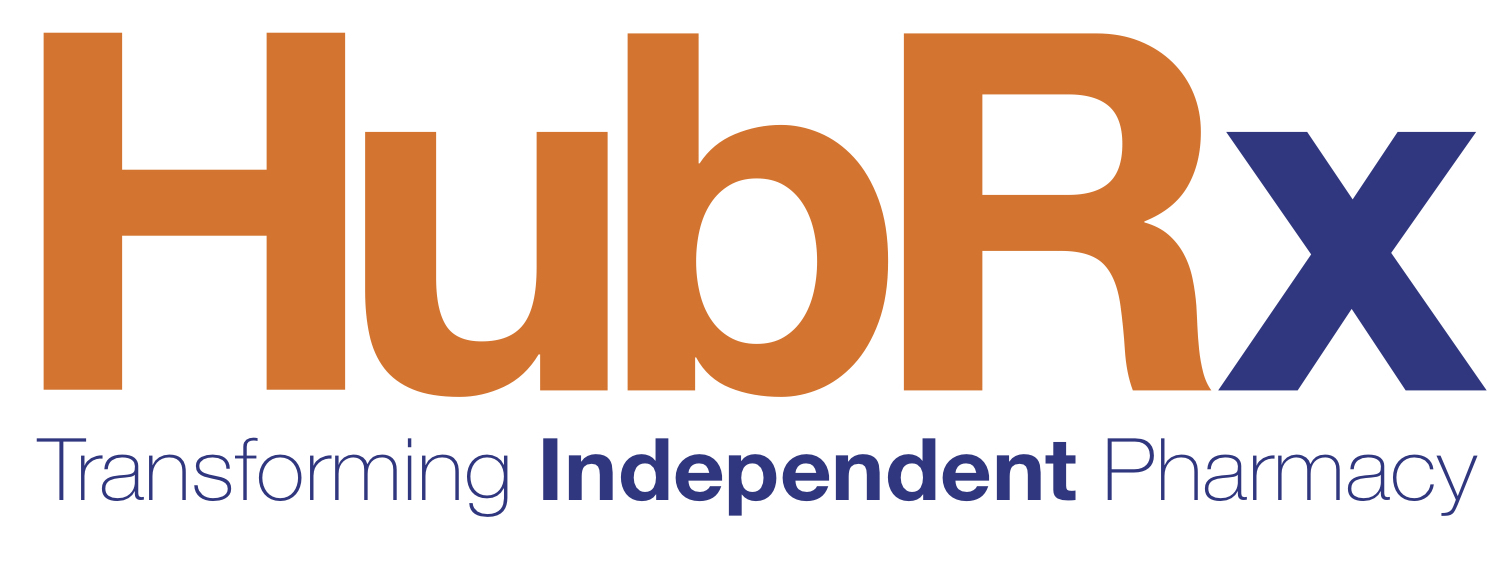Mike Hewitson, Superintendent Pharmacist and Managing Director of Beaminster Pharmacy
Like most pharmacies right now, we’re finding it tough. Not only is it difficult to find the right mix of skills and experience, but staff costs are going through the roof. Add that to spiraling energy costs and a supply chain that is in a total mess and you have a recipe for disaster.
While you can salami slice a few quid off the budget here, and do away with something over there, before long there is no more fat left to trim, just bone. The trouble with cutting everything back to easyJet standards is it becomes impossible to do anything else. You can’t provide more clinical services because your pharmacist is too heavily invested in the dispensing process. This becomes a death spiral before you know it, especially as there appears to be no appetite to increase funding for dispensing.
In my business we are looking to do things differently. Firstly, there are a lot of patients out there who are fed up that their regular pharmacy keeps closing with no notice, or that there are queues around the block. For independents of all sizes, this means that there are rich pickings if you want to grow your dispensing business. The problem is how do you accommodate 20-50 per cent growth in dispensing volume? Not only are most pharmacies not physically large enough to do so, but then you start to run in to capacity problems by not having enough dispensing staff, checking staff, pharmacists. You could put in a robot at huge expense, but you’re snookered if it has a technical fault.
Instead, we’re looking to grow using an offsite dispensing hub provided by HubRx. This means that we will have unlimited capacity. I won’t have to worry about how much our dispensing volume grows by and I know that I will always be able to cope.
We’re developing a high-quality professional team who will be able to transition from today’s hamster-wheel of dispensing towards high value clinical services for which we can see clear demand. Our technicians may end up running services like the Hypertension, Flu and DMS as and when regulation allows, they might end up running other private services such as micro suction for earwax removal, or they might provide services which haven’t been invented yet. Our pharmacists already have plenty to do, but there will be a new contraception service coming next year, and there are lots of opportunities to provide new private services.
By freeing up around 80 per cent of my pharmacist capacity we’ll be able to focus on these new clinical services. It is these services, whether they are NHS or private, locally or nationally commissioned that will be the future of community pharmacy.
One of the other problems I have right now is chasing a dysfunctional supply chain which is permanently causing me problems: late or missing deliveries, medicines out of stock and prices rising. Juggling multiple suppliers alone is becoming a full-time job, and I simply don’t think we can afford to do this anymore. But neither can we ignore the need to buy efficiently in order to keep the doors open.
When we move to using an offsite dispensing model, my hub provider will share the benefits of its buying power. HubRx isn’t looking to retain any buying margin. Everything will be transparent so I can have confidence that I am always getting the best price. I will only have to worry about my hub delivery and perhaps a small order from one or two other suppliers. This is going to save me a huge operational headache.
The hub and spoke model isn’t going to be for everyone. I know there is skepticism from some quarters. But we can’t afford to rely on dispensing to keep the doors open. I’m excited to see how differently my pharmacy will operate without the constant headache of juggling the mechanics of the dispensing process.
This may sound like a leap of faith, but if we don’t jump we risk getting caught on the burning platform of dispensing volume and margin.
Mike is non-executive director for HubRx, and the Superintendent Pharmacist and Managing Director of Beaminster Pharmacy. He was a leading member of the National Pharmacy Association board for eight years. He also served on the board of the Pharmaceutical Services Negotiating Committee from 2015 to 2018. Mike is a staunch defender of independent pharmacy and has run his own business in Dorset for more than a decade.
